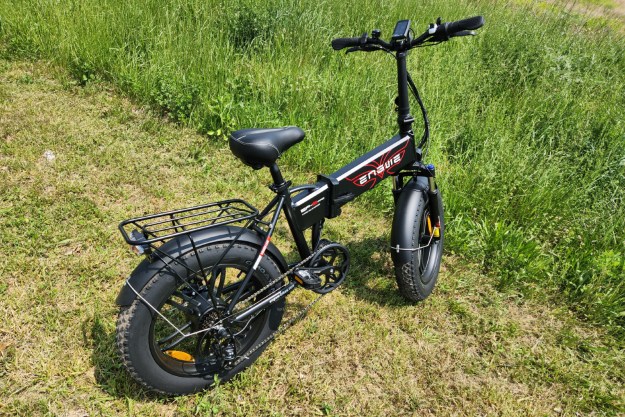But just how powerful are these new devices? If you were watching our live-stream from CES on Friday, you got a demonstration from Goal Zero GM Bill Harmon himself. He dropped by our streaming channel to give host Steph Stricklen and Digital Trends outdoors editor Marcus Yam a a firsthand look at his company’s new Yeti Lithium portable battery packs, which Harmon describes as “an alternative to a traditional generator.”
“You can power just about anything in your life with it,” Harmon says of the Yeti Lithium. “From a refrigerator in an emergency situation to your cell phone and iPad.”
To demonstrate this claim, we brought a blender on stage and plugged it into the battery pack to see if it could handle a small appliance that draws a lot of power. As you’ll see, the Yeti made short work of the ingredients that were poured into the blender, and in just a few seconds, we had a tasty concoction made of ice, fruit, yogurt, and juice.
Unlike traditional gas-powered generators, the Yeti is completely silent, doesn’t create noxious fumes, and won’t require regular maintenance or gasoline to keep it running. The power stations can be recharged using Goal Zero’s solar panels, an AC outlet at home, or the 12-volt car port. This level of versatility makes it a great option for anyone who needs power where it isn’t normally easy to access.
The Yeti Lithium 400 and 1400 will ship this spring for $700 and $2,000, respectively. The larger — and more powerful — Yeti Lithium 3000 will go on sale in the third quarter for $3,500. To find out more, visit goalzero.com.


